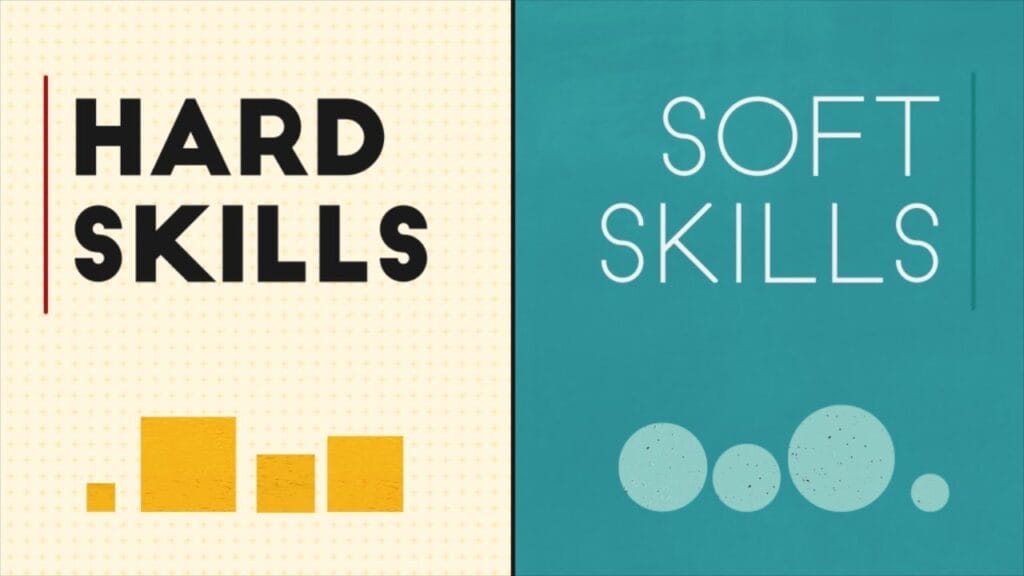Understand the distinction between hard skills (job-specific) and soft skills (interpersonal) and how both are essential for career success. Learn how to develop and showcase these skills effectively.
Understanding the Essential Work Skills: Hard Skills vs. Soft Skills
In today’s job market, possessing a unique blend of skills is critical to not only securing employment but also excelling in your current role. When it comes to job-related skills, they can be broadly categorized into two types: hard skills and soft skills. Though distinctly different, both types are indispensable for professional success. Let’s delve into understanding the differences between hard skills and soft skills, their development, and why you need both to thrive in your career.
Hard Skills: The Technical Proficiency
What Are Hard Skills?
Hard skills are specific, teachable abilities that can be defined and measured. These skills are usually job-specific and are necessary to perform one’s duties efficiently. For instance, if you are a chef, hard skills include cooking techniques, knowledge of food safety, and kitchen management. Similarly, for a computer programmer, hard skills entail coding languages, software development, and understanding algorithms.
How Are Hard Skills Acquired?
Hard skills are generally acquired through formal education, training programs, and on-the-job experience. They are objective and can be quantified easily, often coming with certifications or degrees that validate one’s expertise. For example, a business analyst might earn a certification in data analysis, while a healthcare professional might complete specialized training in patient care techniques.
Soft Skills: The Interpersonal Proficiency
What Are Soft Skills?
Unlike hard skills, soft skills are more subjective, interpersonal skills that enable individuals to interact effectively and harmoniously with others. These skills are not specific to any job but are universally applicable across various roles and industries. Key examples include communication, teamwork, and adaptability. They significantly influence how you work with colleagues, approach problem-solving, and perform in various work environments.
How Are Soft Skills Acquired?
Developing soft skills is often more challenging than acquiring hard skills, as they require practice and real-world experience. Soft skills are refined through continuous interaction with others and can be enhanced over time. Some individuals may naturally excel in certain soft skills, like communication or empathy, while others might need to consciously work on them to improve.
Measuring Hard Skills vs. Soft Skills
Evaluating Hard Skills
The measurement of hard skills is straightforward, as it relies on concrete indicators like degrees, certifications, and documented work experience. Employers can quickly gauge your hard skills by scrutinizing your educational background, training history, and any relevant certifications. For instance, a hiring manager looking to fill a software development role might look for candidates certified in specific programming languages, backed by a history of relevant projects or jobs.
Evaluating Soft Skills
On the other hand, soft skills are harder to assess through traditional means such as resumes or cover letters. These skills often become evident only in practical settings, like interviews or during the initial period of employment. Employers might employ behavioral interview techniques to evaluate soft skills, asking situational questions to understand how a candidate handles collaboration, conflict resolution, and adaptability.
The Importance of Both Skill Sets
The Necessity of Hard Skills
Having a strong foundation of hard skills is crucial because they form the core of your job responsibilities. Without these skills, one may not be able to perform the fundamental tasks required. For example, if you are an accountant, your understanding of financial regulations and proficiency with accounting software are indispensable for performing your role effectively.
The Necessity of Soft Skills
While hard skills are essential for completing specific tasks, soft skills are critical for navigating the workplace environment and facilitating a productive and harmonious work life. Interpersonal skills ensure that you can operate efficiently in team settings, communicate your ideas clearly, and adapt to changing work conditions. For instance, a project manager not only needs to understand project management methodologies but also requires strong leadership and conflict resolution skills to guide their team successfully.
Striking the Right Balance
To become more hireable and to excel in your current job, it’s imperative to develop both hard and soft skills. Employers today seek a balanced blend of these skills when evaluating potential candidates or employees for promotion.
Continuous Learning and Development
To stay competitive, consider setting aside time for continuous learning and development. Enroll in courses to upgrade your technical skills while also investing in personal development workshops that focus on enhancing interpersonal skills. For instance, online platforms offer a plethora of resources to learn new coding languages, while also providing modules on improving teamwork and leadership abilities.
Conclusion
Understanding and cultivating a combination of hard skills and soft skills is essential for professional success. While hard skills will allow you to perform your job tasks effectively, soft skills will enable you to work well with others and adapt to various work environments.
Together, these skills make you a more versatile and valuable employee, ready to meet the challenges of the modern workplace. As the job market continues to evolve, so should your approach to skill development—balancing the technical knowledge with the interpersonal acumen necessary for a fulfilling and successful career.
Video Credit:







